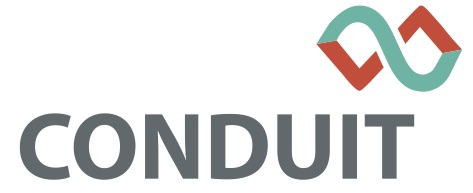PubMed citations can be found here.
CRITICAL CARE GENOMICS
Our work in this area examines gene expression in sepsis, with a focus on subtype discovery, and time series analysis. Expression data are derived from patients in the Intensive Care Unit of Kingston General Hospital. Our primary cohort includes approximately 70 patients with time series whole blood samples used to generate gene expression data. Samples are processed using the Affymetrix PrimeView array, which allows for collection at multiple time points over the course of an ICU stay.
PHYSIOLOGIC WAVEFORM CAPTURE AND ANALYSIS
Patients in the ICU are continuously monitored using a variety of sensors, including electrocardiography, pulse oxymetry, and invasive catheters to measure intravascular pressures. These sensing modalities generate high frequency waveforms than can be analyzed to generate insight into physiology and likely trajectory. Methods include measurement of heart rate variability as a marker of autonomic function. We capture and store physiologic signals from the bedside monitors in the ICU at Kingston General Hospital to facilitate retrospective analysis of clinical events, and their physiologic precursors.
DATA PREPROCESSING AND QUALITY
Clinical data are now abundant, thanks in large part to the widespread implementation of electronic medical records (EMR). These data have tremendous potential for secondary uses in clinical and other research. To maximize the impact and reliability of clinical data, sources must be examined carefully for errors, inconsistencies, and omission. Our work focuses on identifying data elements that may be erroneous or misleading, as well as transforming clinical data types for use with machine learning algorithms.
WEARABLE TECHNOLOGIES
As the sensing capabilities of wearable devices improve, there is increasing interest in their use in health care. Our focus is on conducting rigorous trials of wearable devices in clinical settings, in order to move toward their evidence-based use in healthcare. With the potential to provide comprehensive home monitoring, we are also studying the role of wearable devices in tracking recovery after critical illness.
ACADEMIC PUBLISHING IN BIOMEDICINE
New technologies and internet-based platforms are changing the ways in which biomedical scientists publish and communicate their work. In collaboration with the Queen's Centre for Advanced Computing, we use large datasets from Pubmed and other repositories to generate graph-based representations of citation networks and author networks, and examine factors associated with article retractions.
